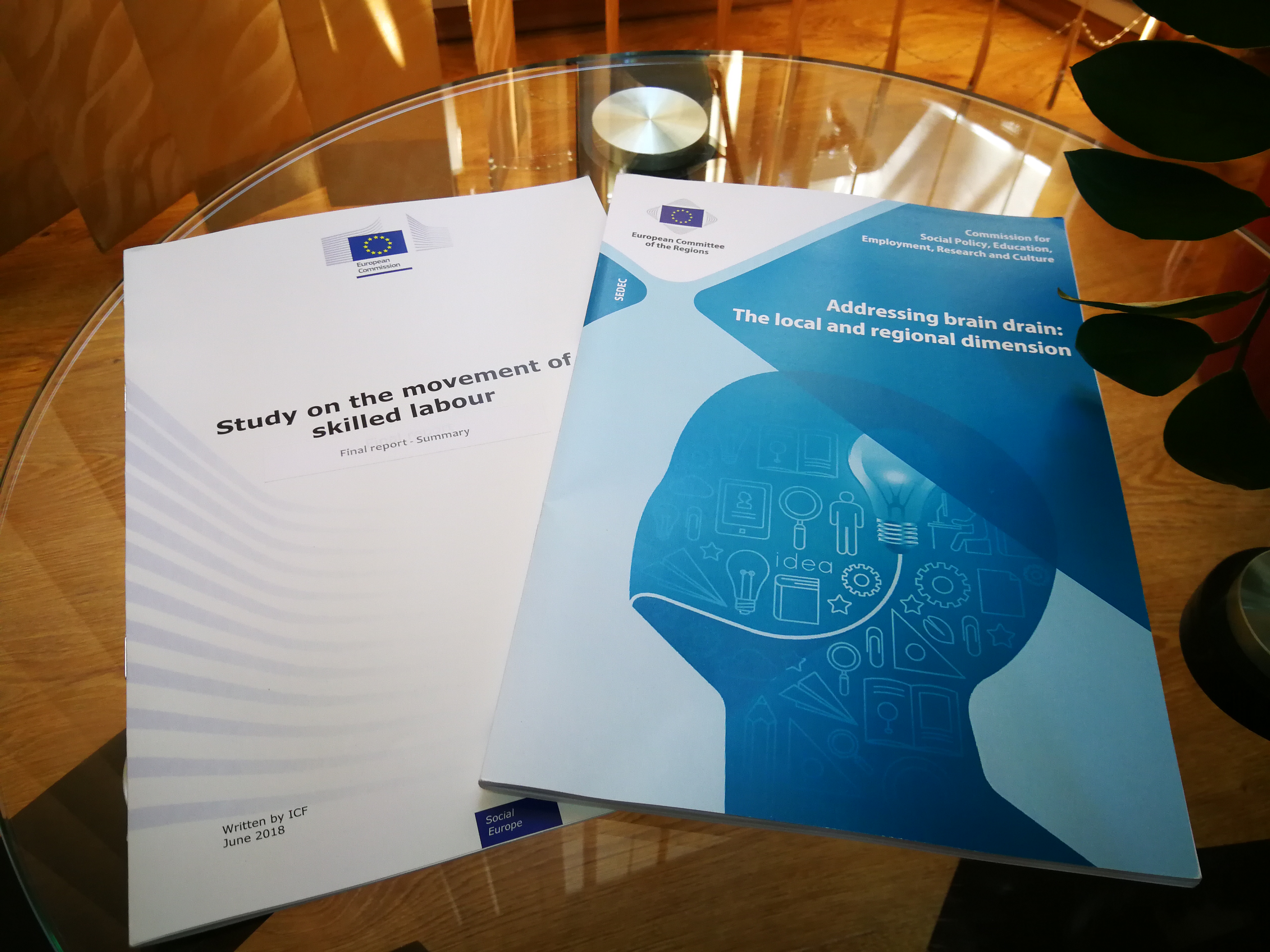At the beginning of the week, CNRED attended a seminar organized by the European Commission on the analysis of the mobility of European workers within the EU, which was published in the "Movement of skilled labor" study.
Subject to the EU Agenda for Competence and Concern for Understanding Streams and Measures implemented by Member States to maintain or attract skilled labor, the European Commission commissioned an independent study to examine "brain mobility" by focusing on people with a medium and high school education. The results of the study were published in November 2018.
The data collected show that mobility flows are not balanced: in particular, Central and Eastern European countries register a larger flow of migrants than immigrants. These countries report temporary negative side effects, especially difficulties in identifying people with adequate skills for the labor market. At the same time, in "destination" countries, people in mobility frequently find themselves in a situation of inferiority to their job, which can be justified to a certain extent by lack of confidence in the preparation acquired in the country of origin.
The seminar also presented examples of initiatives to attract or retain skilled labor by Member States, many of these initiatives focusing on measures to reintegrate their own diaspora workers.
For more information, see: https://ec.europa.eu/social/BlobServlet?docId=20453&langId=mt

- 1661 reads




